Today the contact tracing app is finally launched as part of the UK government strategy to combat the covid virus. Will this be a useful tool or another expensive experiment in centralised big data? Based on testing in two pilot areas the uptake is expected to be around 10%, so why is the public so reluctant to embrace new technology. There are at least four key reasons:
Privacy – Firstly there is an underlying resistance to state surveillance, a fear that Big Data becomes Big Brother in the hands of the state. We already have more CCTV cameras in our cities than other countries and there are privacy concerns. For every millennial who believes in altruistically volunteering information for the public benefit, there are two or more baby boomers who just don’t see the point. Why else have do many customer lists is pubs feature names like D Duck or M Mouse with a fictional contact number?
Benefit – Secondly there is a complete failure to express any benefit to the contributor as opposed to the data collector. Look at the way smart meters have been presented to the public by the energy utilities who provide gas and electricity services. The collector of the data acquires more information about customer habits but the customer gets no financial benefit or discount for providing this. The big question for any massive data collection scheme is ‘cui bono?’ – Who benefits? Without some clear benefit to the contributor there is likely to be a tepid response to requests for information.
GIGO – Thirdly there is the NHS track record of data management. The NHS app allows you on access your personal health records as retained by your GP practice. These depend on the information inserted by different hospitals and clinics you may have attended as well as your GP surgery. Invariably your records are incomplete because they require manual input from a variety of sources. The technical term for this is GIGO: garbage in, garbage out. The app was developed at great expense yet its value is questionable while its database remains incomplete.
Algorithms – Finally there is fear that centralised big data is inherently flawed because it leads to decision making based on predictive algorithms. Everyone now knows somebody who experienced the A level fiasco when grades were initially determined by model divorced from reality. This government loves big data solutions and believes that technology led consultancy firms can improve public services far more effectively than the public sector bodies themselves. The results of two parallel virus testing operations during July and August prove this a questionable hypothesis.
The biggest risk the government faces in dealing with the virus is not the infection rate, but public trust. Confidence is needed that it has a clear strategy going forward, not simply one of damage limitation and hope for a vaccine or moonshot to save the day. We are indeed ‘world beating’ but only in ranking terms of avoidable deaths per population from the virus. The contact tracing app might be useful but not as much as an effective testing programme would be, and we still don’t have that, or any confidence that those administering the programme have a handle on why not.

